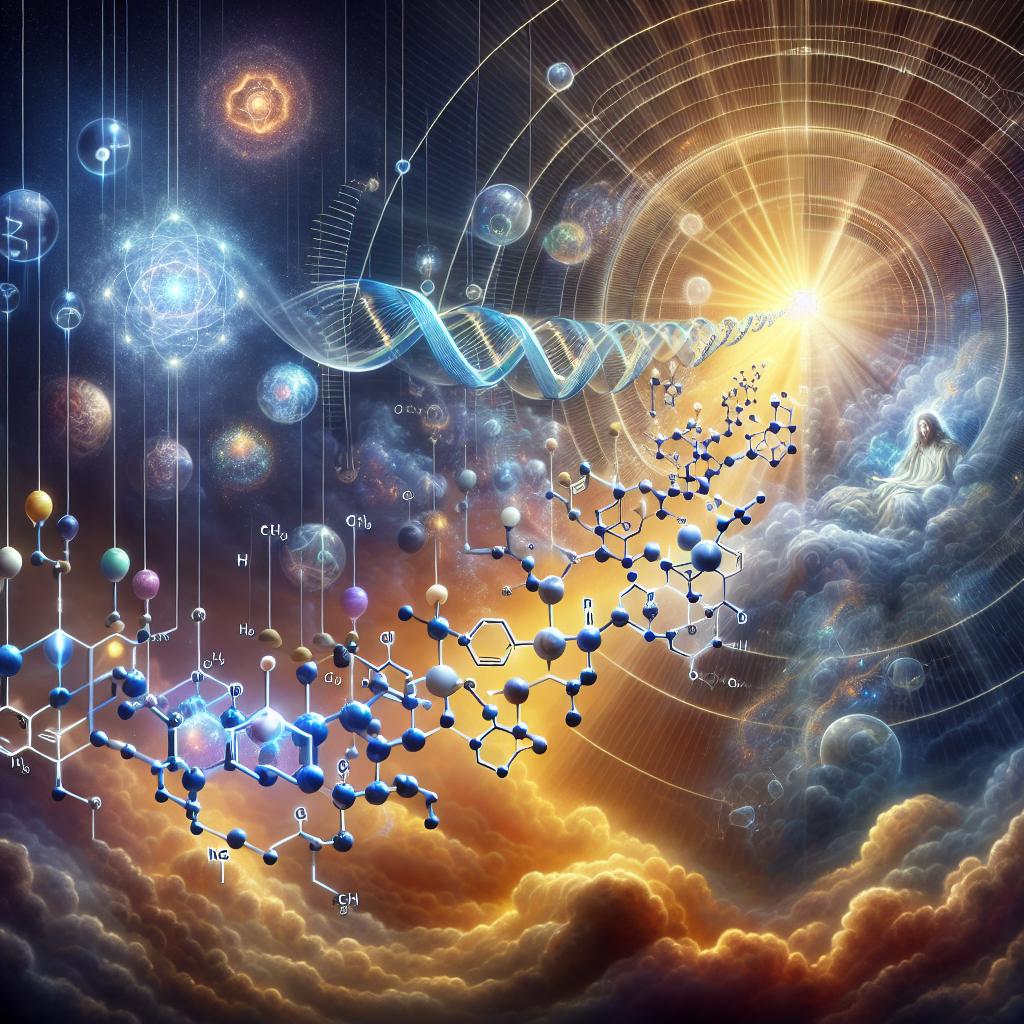
Discover God's Power in Biochemistry: A 6-Day Journey of Faith
Published: 31 July 2024
In Six Days: Why 50 Scientists Choose to Believe in Creation
Introduction
In this article, we will explore the reasons why 50 scientists have chosen to believe in creation, specifically the Genesis account of our origins. These scientists come from various backgrounds and fields of expertise, and their perspectives shed light on the scientific and biblical basis for their beliefs. By delving into their experiences and reasoning, we aim to provide a comprehensive understanding of the young-earth creationist viewpoint.
The Almightiness of God
Professor D.B. Gower, an emeritus professor of steroid biochemistry at the University of London, shares his personal journey towards embracing creationism. As a young Christian studying chemistry and biology, he encountered numerous questions that needed answers. However, his conviction in the Bible as the Word of God remained steadfast. He began to comprehend the greatness of God's power and realized that there was nothing He could not do. This revelation transformed his understanding of God and solidified his belief in creation.
Why This Matters: Recognizing the almighty power of God is essential in understanding His ability to create and shape the universe. It allows us to appreciate His greatness and His role as the ultimate Creator.
Think About It: How does acknowledging the immense power of God influence your perception of His ability to create?
Criticizing Evolutionary Theory
Professor Gower highlights three areas in which he critiques evolutionary theory from a biochemical perspective.
Isotopic Dating Methods
Gower's chemical knowledge enables him to understand the criticisms surrounding isotopic dating methods used for rock samples. He realizes that there are significant problems with interpreting the data, leading him to conclude that rocks are not as old as they are claimed to be.
Origin of Biomolecules
Examining the origin of biomolecules such as amino acids, sugars, proteins, and DNA, Gower challenges the idea that they could have formed through electrical discharges in a primitive atmosphere. He argues that this hypothesis can be criticized on multiple levels, considering the complex biochemical control mechanisms he has studied throughout his career. The precise order and extraordinary complexity of these processes align with the notion of a Creator who designs with purpose.
Complexity in Nature
Gower observes that complexity is pervasive in various scientific disciplines and particularly evident in nature. Rather than pointing towards chance processes of evolution, this complexity signifies an Almighty Creator. The intricate design found across different branches of science supports the idea that creation by a guiding intelligence is more plausible than random chance.
Why This Matters: By critically examining evolutionary theory, we gain a deeper understanding of the scientific arguments supporting creationism and the challenges faced by the prevailing evolutionary perspective.
Think About It: How does the complexity observed in nature influence your perspective on the plausibility of evolution versus creation?
Conclusion
The journey of Professor D.B. Gower, as well as the perspectives of the 50 scientists who believe in creation, provides valuable insights into the scientific and biblical reasoning behind their convictions. Understanding their critiques of evolutionary theory and their recognition of God's almighty power helps us appreciate the compatibility between science and faith. By exploring these ideas, we can engage in meaningful discussions about our origins and deepen our understanding of both science and Scripture.
Remember, embracing creationism does not necessitate dismissing scientific inquiry; rather, it encourages us to explore the intricate beauty and complexity of our world while recognizing the guiding hand of an all-powerful Creator.
